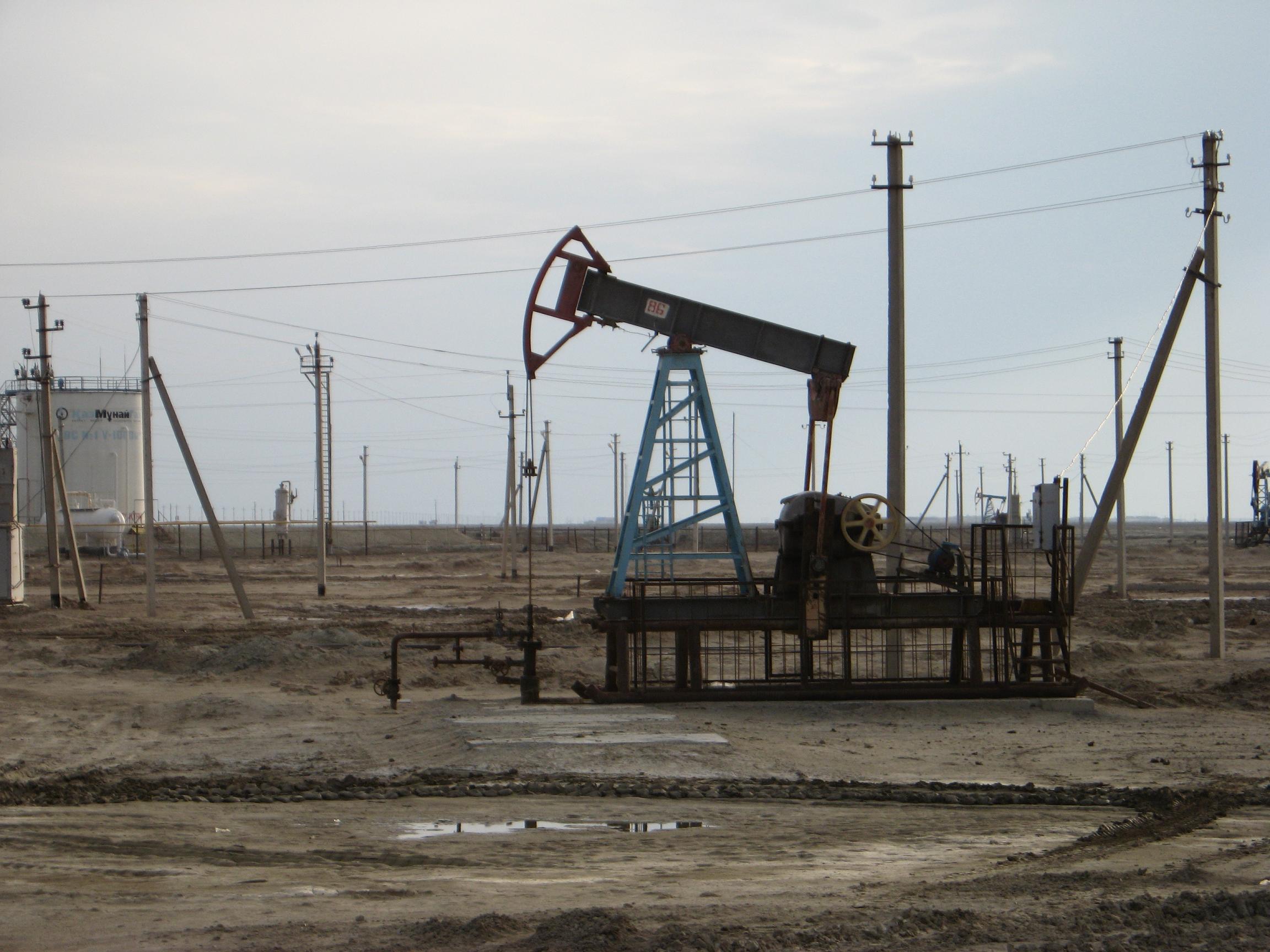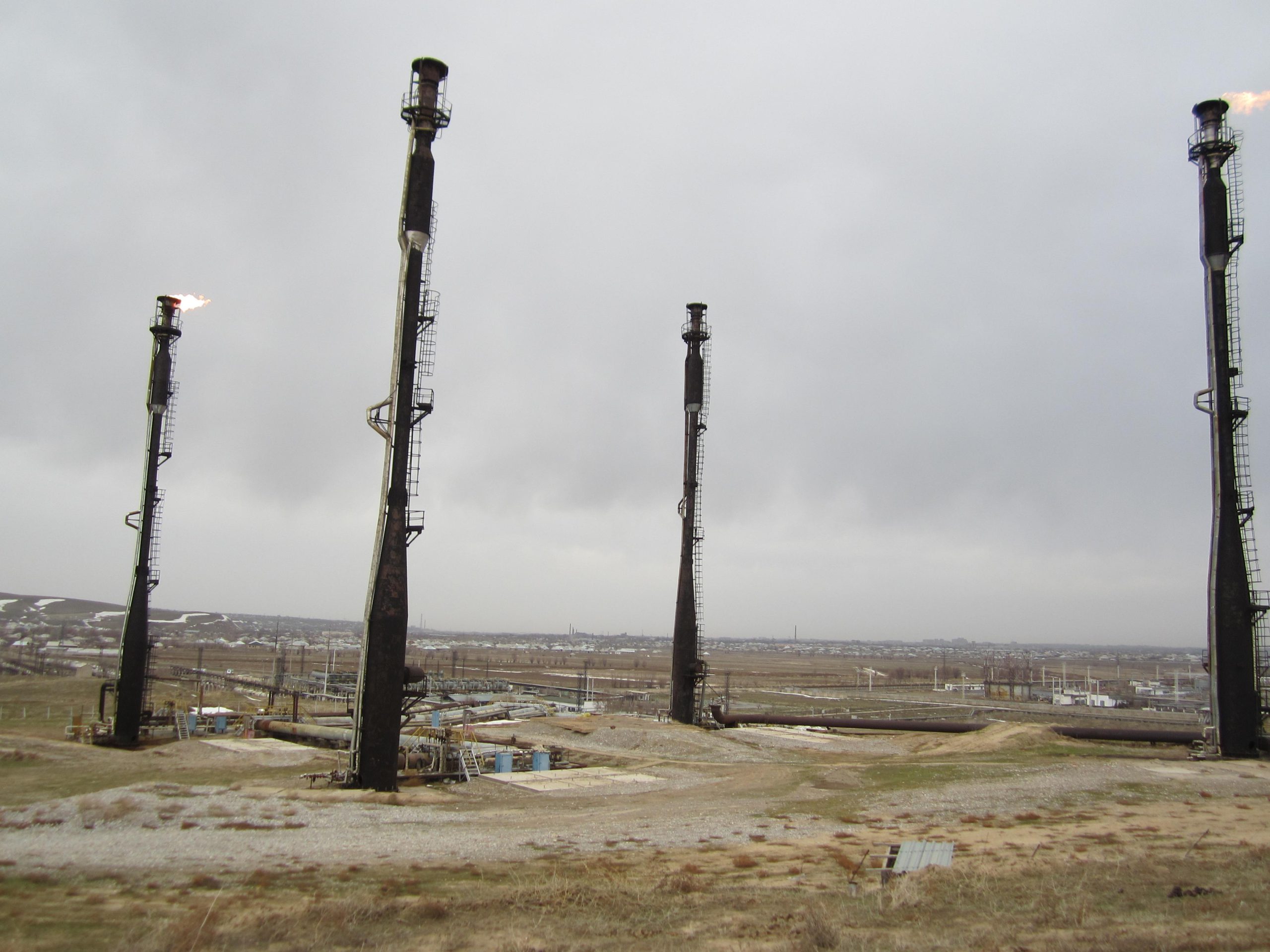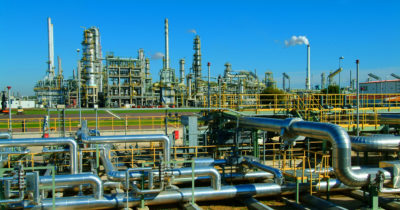The project aims to introduce a new integrated system of accounting and monitoring of greenhouse gas emissions in the oil and gas producing and refining sectors of the Republic of Kazakhstan. Specialists of the Scientific and Technical Center “Biomass” provide technical, methodological and engineering support to enterprises in the process of implementing this system at the following facilities:
- Atyrau Refinery (Atyrau Refinery), Atyrau, Atyrau Oblast;
- Shymkent Oil Refinery (ShNPZ), Shymkent, South Kazakhstan Region;
- Oil-producing company EmbaMunayGas (a division of JSC NC Kazmunaigas), West Kazakhstan, Mangystau and Atyrau regions.
Six monitoring plans and 4 special methods for calculating greenhouse gas emissions for the oil refining and oil production sectors were developed. All documents have been verified by Bureau Veritas, an international audit company, and are used by enterprises to report and determine greenhouse gas emissions.
The result of the project is the technical ability of enterprises to control the level of greenhouse gas emissions from production activities and, thus, to be a full participant in the system of internal trading (quotas) for emissions, which was put into effect in the Republic of Kazakhstan since January 2013.
In addition, the introduction of a system for accounting and monitoring of greenhouse gas emissions provides a number of competitive advantages:
Improving data quality: due to continuous monitoring of product quality indicators and production chain operability according to a new indirect indicator – greenhouse gas emissions from each of the processing processes – the quality of data and the quality of reporting on production activities are improved;
Improvement of the ecological state: due to the obligation to not exceed the established quota for greenhouse gas emissions, the reduction of greenhouse gas emissions is stimulated;
Improving the financial attractiveness of the business: if the company reduces greenhouse gas emissions, and thus emits less than the established quota, it has the opportunity to realize surpluses on the emissions exchange, therefore, to attract additional investment for further modernization of production;
Improving energy efficiency of production: at the same time as reducing greenhouse gas emissions, production efficiency increases (along the chain: lower emissions – higher efficiency – more excess quotas – additional investments – production modernization – lower emissions, etc.);
Improving the image of the enterprise: since not all enterprises have an established system of environmental monitoring of greenhouse gas emissions, those enterprises that have implemented this system stand out.
As of the beginning of 2014, the quota system already covers 170 enterprises of the Republic of Kazakhstan, which are full participants in global processes to reduce greenhouse gas emissions in all sectors of the economy.
Project partners:
- JSC NC “Kazmunaigas”, Republic of Kazakhstan
- Petrokazakhstan Oil Products LLP, Republic of Kazakhstan
- Jasyl Damu JSC, Republic of Kazakhstan
- Bureau Veritas Russian branch, Russian Federation


